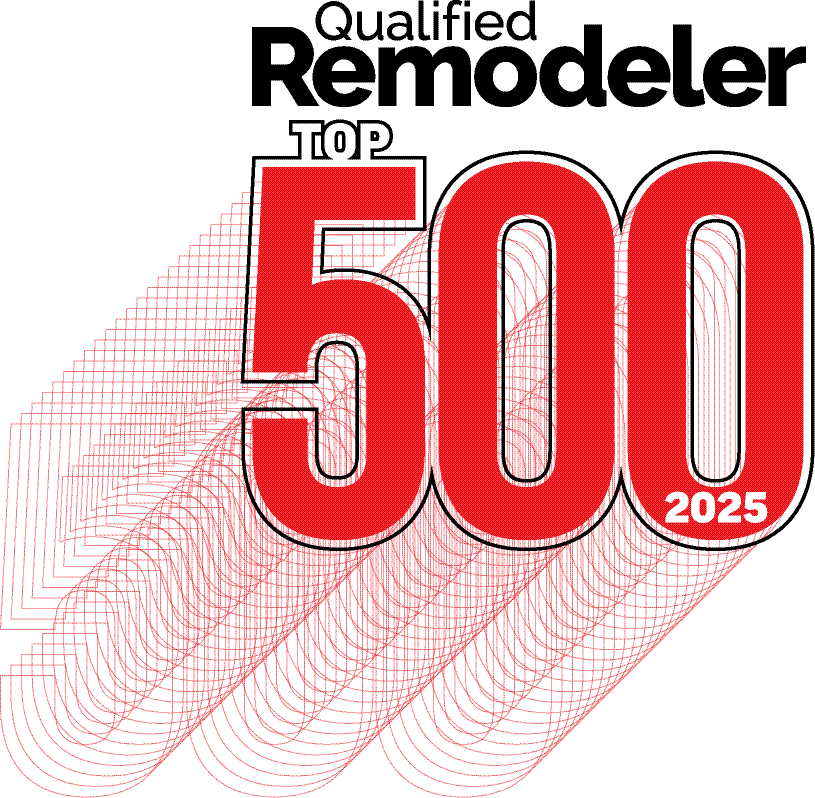Midwest's Leading Concrete Coating Company
Trusted by 10,000+ Homeowners
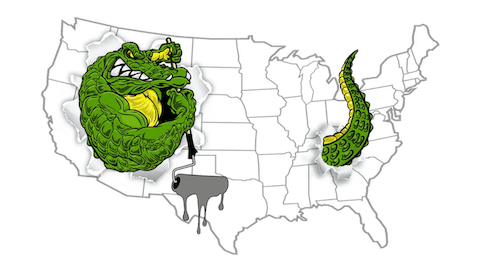
Act Fast—Limited Time Offer!
PROMO - SPRING SPRUCE UP SALE! - 20% OFF ALL FLOORS
Save 20% + 0% Financing Available!
Transform your concrete surfaces with premium coatings. Payments as low as $45/month across Ohio, Michigan, Indiana, Kentucky, and Missouri.
Call Now
*Financing is subject to credit approval.
What We Do
Our Services
GatorGuard provides comprehensive concrete coating services across Indiana, Ohio, Michigan, Kentucky, and Missouri. From garage epoxy flooring to commercial concrete floor coatings, we deliver durable solutions that stand the test of time.
Porches and Patios
Pool Decks
Commercial
About Our Company
About GatorGuard
GatorGuard is a premier concrete coating specialist serving Ohio, Michigan, Indiana, Kentucky, and Missouri with advanced epoxy and polyurea flooring solutions. Our factory-trained teams transform garages, basements, and commercial spaces using premium coating systems backed by lifetime warranties. From Cincinnati and Detroit to Louisville and St. Louis, we deliver exceptional craftsmanship, superior materials, and outstanding customer service throughout the Midwest region.
Working with us is as easy as 123
Get Your Quote
Call us or fill out our form for a free estimate. We'll reach out to schedule your consultation soon.
Get Scheduled
With flexible scheduling that works around your busy life, we'll book a time that works for you perfectly.
Relax
Get excited about your new premium concrete coating while our experts handle everything professionally.
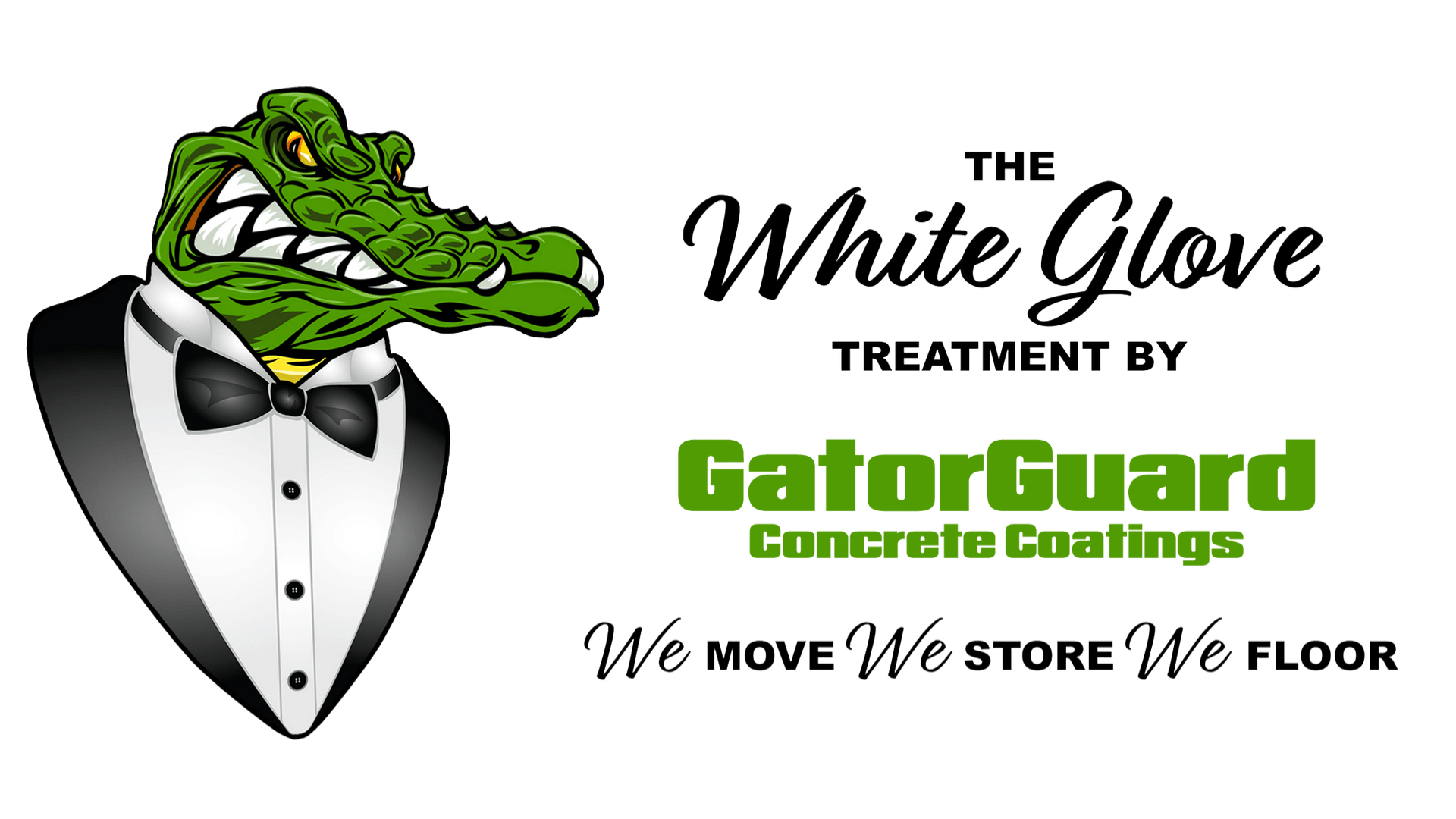
We Move. We Store. We Floor!
Let us take care of the back-breaking work of moving your contents! Sit back and relax knowing we have you covered.
We place your contents in our locked storage container so you can rest assured your things are dry and safe.
Watch the transformation as we liven up your space with our lifetime warrantied GatorGuard coating system!
After your new coating is fully cured, we carefully place your items back where we found them.
Our Process
Our Process
From initial consultation to final installation, our streamlined process ensures your concrete coating project is completed professionally and efficiently, delivering beautiful, long-lasting results you'll love.
01
Design
An expert will explain all of your coating options, take exact measurements, and provide an exact quote for your project. We'll discuss your concrete coating service needs and help you select the perfect solution for your space.
02
Preparation
We prepare your concrete floor by first diamond grinding to remove all contaminants and then repairing chips, cracks, and other imperfections. This crucial step ensures optimal adhesion for your epoxy or polyurea coating system.
03
Coating
We will carefully apply multiple epoxy layers, allowing enough time for each layer to mechanically bond to the concrete to ensure outstanding results. Our professional application process guarantees a durable, long-lasting finish whether you choose full flake, metallic epoxy, or stain & seal options.
04
Finishing
The topcoat will provide a durable, non-slip, and easy-to-maintain surface that showcases the stunning design you've selected. Your new concrete coating will enhance both aesthetics and functionality for years to come.
Read Our Reviews
Trusted By More Than 10,000 Happy Customers
Why Choose Us?
Why Our Customers Trust Us For Their Concrete Coating Needs
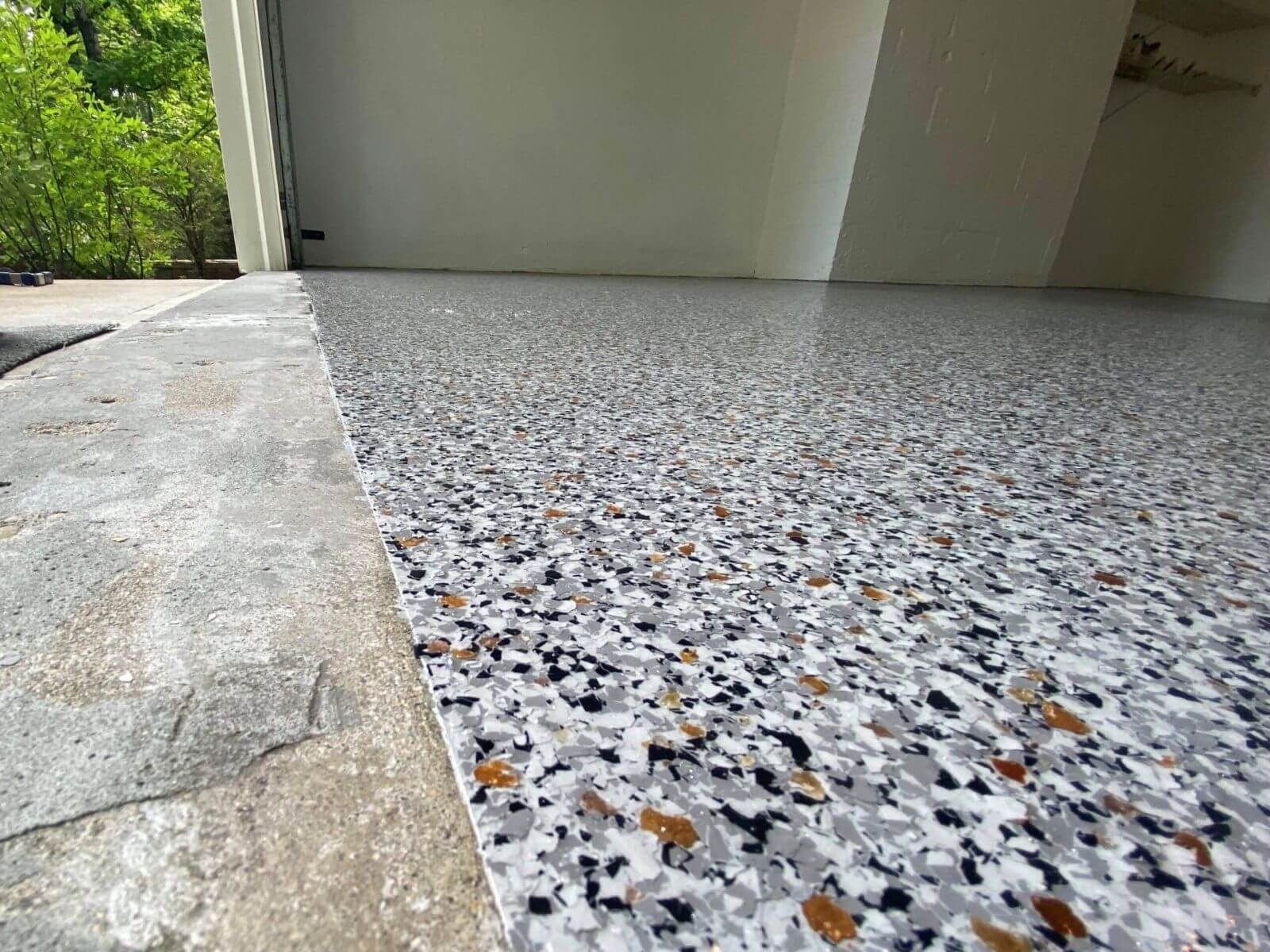
Comprehensive Warranty Protection
Premium Materials & Advanced Techniques
Expert Commercial & Residential Experience
Exceptional Customer Service
Free Estimates & Competitive Pricing
Legacy of Excellence
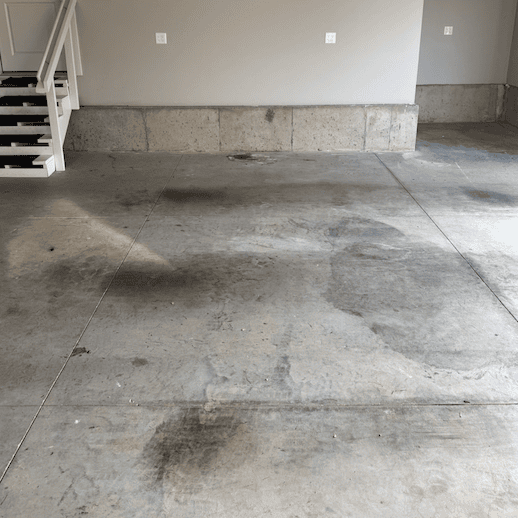
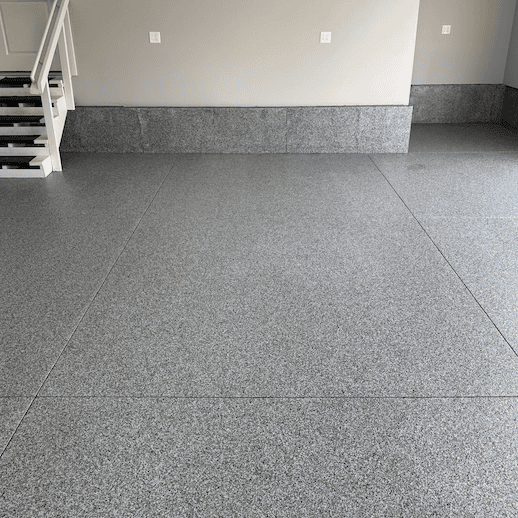
See Our Work
Gallery—See Our Work
Discover stunning concrete coating transformations from across the Midwest. See how GatorGuard's premium systems create beautiful, durable surfaces for garages, basements, and commercial spaces.
We're Here When You Need Us
Our Resources
HERE'S HELP WE CAN GIVE YOU
Our Work
Explore our portfolio showcasing diverse concrete coating transformations. See real projects from satisfied customers and discover the superior craftsmanship that makes us the preferred choice.
Location
We provide expert concrete coating services across multiple states in the Midwest region. Check if we serve your community and connect with your local installation team.
FAQ
Need answers about coating options, installation timelines, or maintenance requirements? Find comprehensive information addressing common customer concerns and project details.
Need Expert Coating Services?
Don't let worn concrete surfaces diminish your property's value and aesthetics. Our professional concrete coating company delivers superior results that protect your investment while enhancing your space. From epoxy basement floor cost consultations to commercial concrete floor coating installations, we're here to help.
4.8 ★★★★★
White-Glove Treatment
Lifetime Warranty
Easy Financing
Contact Us Today and Get a FREE Estimate
Ready to transform your concrete surfaces? Contact GatorGuard today for your free quote on concrete floor coatings, garage concrete coatings, or any of our professional concrete coatings. services. Our customer service team is standing by to discuss your project and schedule your consultation.



